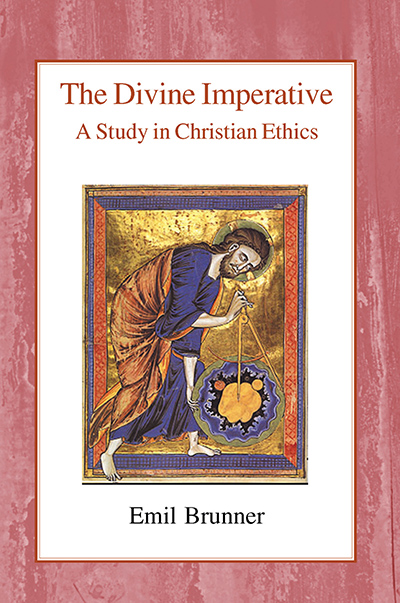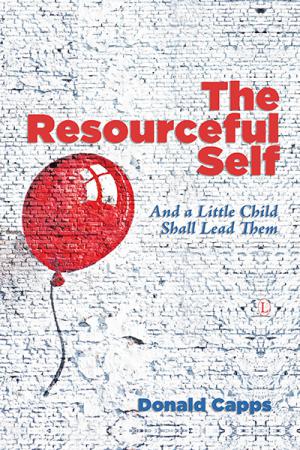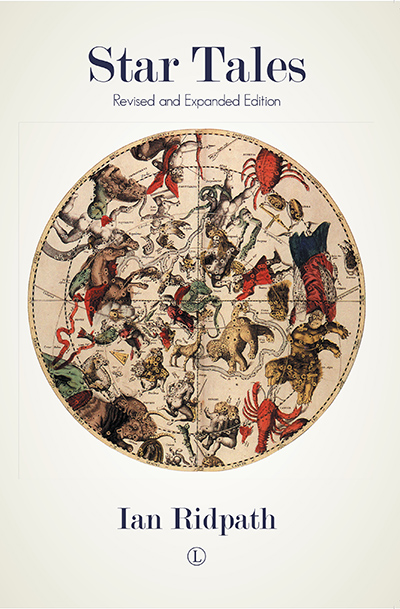Description
One of the major works of the great German theologian Emil Brunner, The Divine Imperative deals with what we ought to do. People are unconvinced that there is an inviolable moral obligation governing human life because they do not believe that the ‘good’ can be precisely and clearly known. Haven’t some generations called bad what others have called good? Aren’t moral standards relative? Doesn’t religion lack uniform and practical moral guidance?
Brunner discusses the moral confusion we face. He analyses the nature of the Good, showing why the Christian faith as understood by the Protestant Reformers provides the only true approach and answer to the ethical problem. Philosophical ethics, whether ancient or modern, cannot correctly define the Good, because the Good is regarded either as too abstract and absolute or as too concrete and relative. Christianity, by contrast, sees the moral problem as one of responsibility between humans who are created so as to respond to God. He created men for responsive fellowship with Him, establishing orderly ways of acting in the world. Correct understanding of the nature of society, family, state, economic life, is needed to discern one’s duty.
Because Brunner’s analysis is at once fundamental and comprehensive, this book remains a fresh and compelling treatment of the moral problem. It offers a provocative discussion and solution of a perennial human problem.






